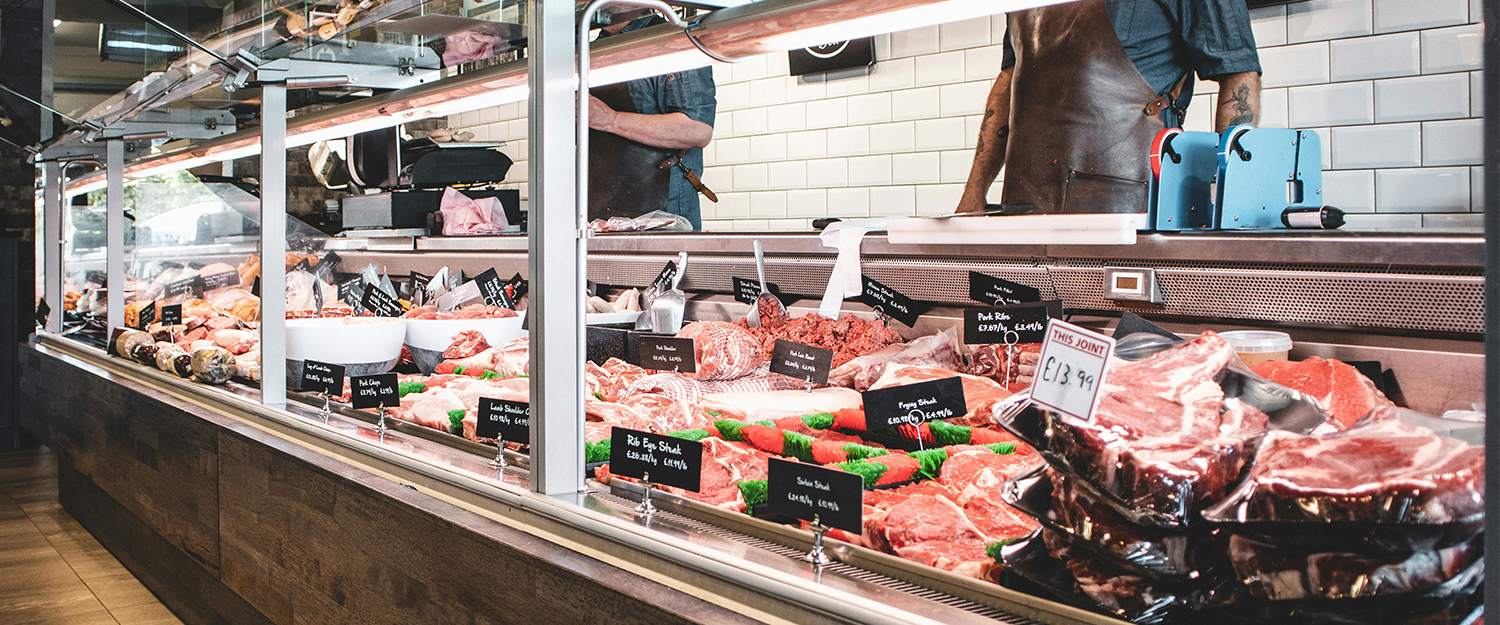
Lessons from the Grocery Store Shelves: How A New Product Can Redefine Existing Categories
There’s tremendous pressure on companies putting out new products into the market: How do you stand out from other similar products, and how do you make consumers comfortable with something they aren’t yet familiar with?
Much more rarely, a new product changes an existing product category — along with how consumers think of it — simply by entering it.
A recent case study of the “plant-based meat” category — most notably its leading brands, Beyond Meat and Impossible Burger — by Joseph F. Rocereto Endowed Term Professor and Associate Professor of Management Jade Lo, PhD, and her co-authors Eunice Y. Rhee, PhD, of Seattle University, and Rodolphe Durand, PhD, of HEC Paris, explores this latter scenario.
In “Meating Expectations: Category Legitimation and Transmutation,”, published in Organizational Science, the researchers found that these companies deliberately positioned their products as “plant-based meat”—not “meat substitute” or any other alternative label—and worked to make them look, cook and taste as close to animal-based meat as possible.
Though plant-based alternatives to meat had existed for decades, “plant-based meat” became a category unto itself, disrupting the existing meat category and, eventually, becoming thought of as belonging to that category; meat, in many grocery stores, is now labeled as animal-based meat.
“Labeling themselves meat wasn’t just a marketing technique,” Lo says. “You can see this in how the traditional meat industry reacted and in the regulatory battles that are happening.”
Drawing from archival materials from 2012 to 2019, Lo and her co-authors collected data from press releases, articles from major and local newspapers, industry news outlets and historical web pages from the Internet Archive Wayback Machine.
Studying these new entries from multiple angles carries important lessons for entrepreneurs and others mulling ideas about businesses or product offerings about what it takes to create and establish something truly innovative.
Ultimately, Lo and her coauthors found that the companies’ success came from blending familiarity with innovation. By redefining what counts as meat, creating a convincing eating experience, and emphasizing additional values such as health and environmental benefits, they turned plant-based products into something that felt new yet instantly recognizable.
For companies looking to enter or disrupt an existing category, their products must have “internal cohesiveness and external distinctiveness, and they both have to be in sync,” Lo says.
In the case of Beyond Meat and Impossible Burger, Lo says, “what they said and what they made – both the symbolic aspect of it and the tangible, material product – were completely consistent and coherent.”
“In targeting the meat category, it’s walking this fine line,” she says. “They want to differentiate from traditional meat, because that’s where their value comes from, but in what dimension do you want to be aligned with tradition, and in which other dimensions do you want to depart from it?”
“It’s an interesting question for the producers to answer, and they’ve figured it out to a certain extent.”



